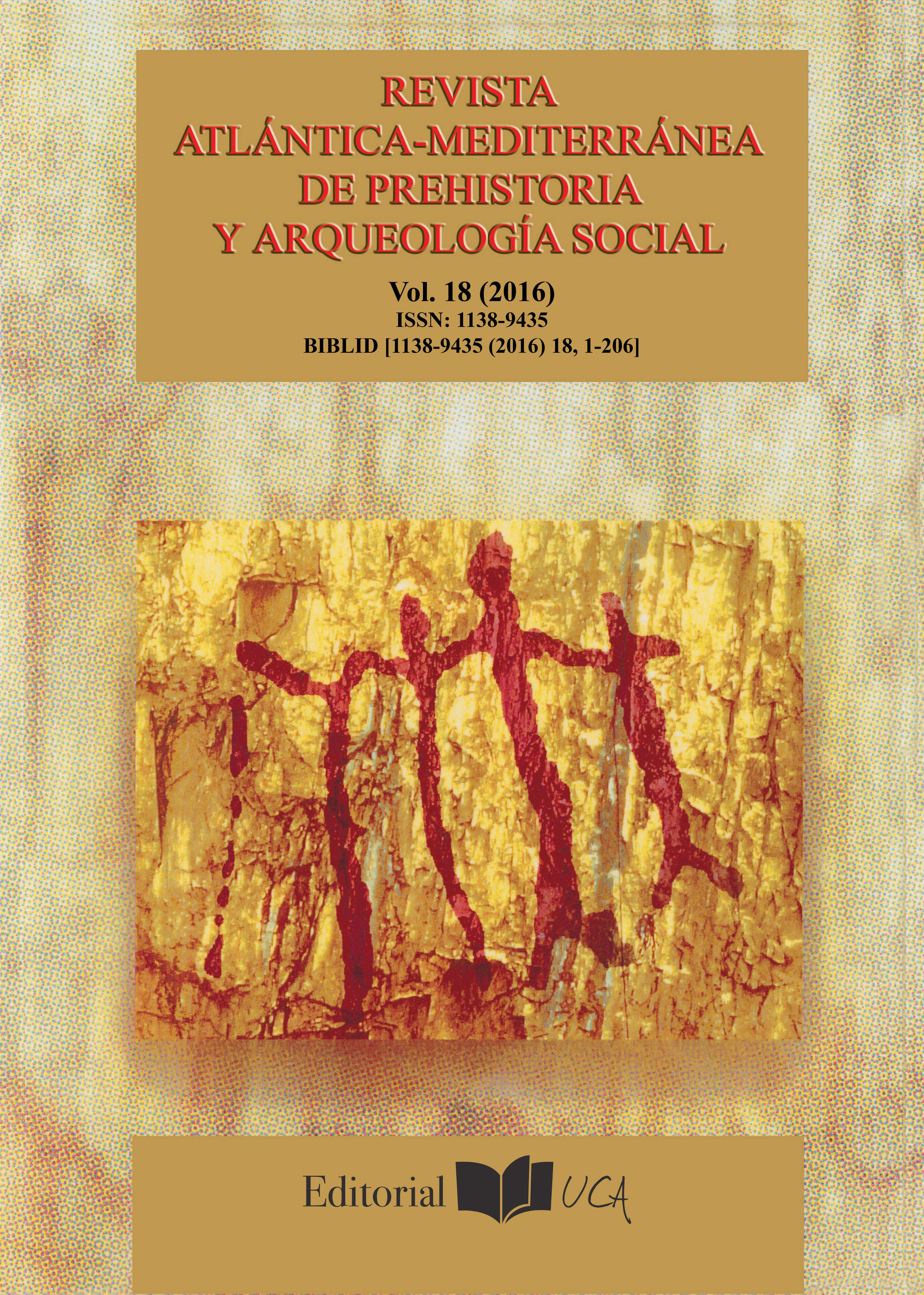Towards the conscious humanisation of Homo Sapiens (I): elective affinity and collective individuality

Additional Files
Info
Artículos
11-17
Published:
01-12-2016
Abstract
The purpose of this essay is to present a range of views on how “elective affinity” and “collective individuality” can affect our conscious progress towards full humanization. The concept of “elective affinity” applied in this work comes from the Johann Wolfgang von Goethe’s novel Die wahlverwandtschaften [Elective affinities] (1809), in the sense that individuals of our species prefer to interact with some ones rather than others. Meanwhile, the concept of “collective individuality” refers to the fusion of individual thoughts as described in Émile Durkheim’s Les règles de la méthode sociologique (1895). This concept introduces us to a new species’ dynamic, wherein an individual has the capability to organize society through his or her collective freedom. It is likely that collective energy is presently leading us towards a new social paradigm within which an individual melds within his or her own community. Having defined what is meant by collective individuality, we examine how to take action without generating subjectively individualistic structures and systems. Without elective affinity, these kinds of processes cannot be carried out. If we do not undergo a thorough restructuring of our current behaviour as a species, we risk reaching a collapse and finally our extinction.Keywords
Anthropological prospective, sociology, human evolution
Downloads
Download data is not yet available.
How to Cite
Carbonell i Roura, E., & Hortolà i Gómez, P. (2016). Towards the conscious humanisation of Homo Sapiens (I): elective affinity and collective individuality. Revista Atlántica-Mediterránea De Prehistoria Y Arqueología Social, 18(1), 11–17. Retrieved from https://revistas.uca.es/index.php/rampas/article/view/2183

